Swette Sustainable Food Systems
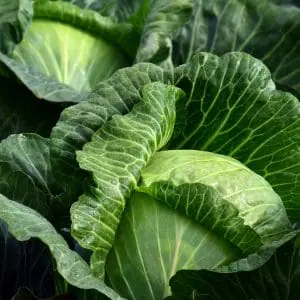
ASU alumna opens second community garden
After taking a class on health advocacy in fall 2017, Catherine Daem, now a graduate of Arizona State University's College of Health Solutions, wanted to find a solution to the Valley's local food deserts and swamps by becoming a community garden advocate.
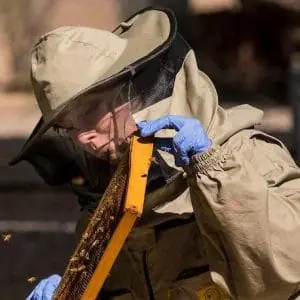
ASU researcher finds clues to bee survival
According to new research done at Arizona State University, having the right bees "pick up the food" is how honeybees successfully exploit their environments so colonies thrive. Similar to bosses figuring out which of their employees are the most reliable, bees are excellent at distinguishing which of their comrades are best fit to perform each specific task for the hive.
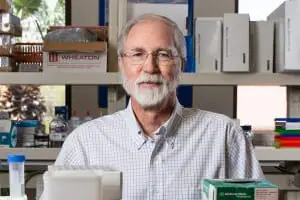
Sustainability scientist calls for careful oversight of environmental gene editing
Around the world, scientists are solving serious issues using modern technology. Whether the solution is genetically modified, malaria-fighting mosquitoes or other gene editing technologies, Arizona State University sustainability scientist James P. Collins is calling for careful risk assessment.
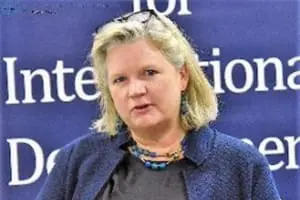
Partnering on nutrition with Society for International Development
Last week I had the good fortune to sit down to talk with and learn from three leaders on the latest thinking in advancing global nutrition. The presentations focused on different ways to approach nutrition and gave insights from their research to a packed room of nutrition practitioners at the Washington DC offices of the Society for International Development.
ASU, UNSW students innovate to create zero waste
Students from opposite sides of the world found themselves competing on a unified front to create solutions to divert waste from landfills and drive new businesses. A diverse group of

Front page shows love of soils
Healthy soils are the starting block for biodiversity, clean water, carbon sequestration, and sustainable agriculture. For years we’ve been treating our soil like, well, dirt, and it’s about time we start to acknowledge this precious resource for what it is – for our economy, environment, and society.
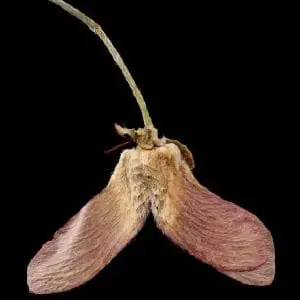
Biomimicry Center planting inspiration with seed exhibit
Still most widely associated with the invention of velcro, ASU researchers are walking the talk of biomimicry with a newly renovated office space and a new seed exhibit they hope will capture the imagination of innovators seeking solutions for complex human problems.
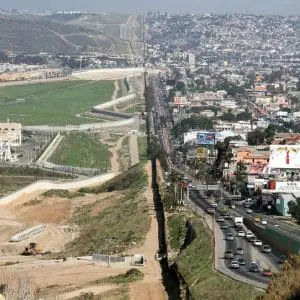
How NAFTA is affecting the long-term viability of Mexico's water supply
Red-tailed hawks can live to be up to 20 years old. If a fledging had caught a thermal in 1994 and spent the next two decades aloft above the U.S.-Mexico border, it would have witnessed some startling changes:
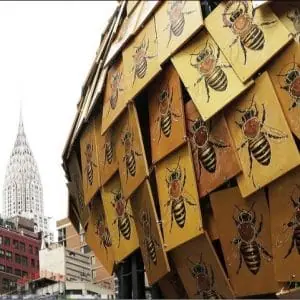
Celebrating World Food Day
Today is World Food Day, recognized by more than 150 countries. Its celebration is a way to raise awareness of issues of poverty and hunger and the date was selected because back on October 16, 1945, the Food and Agriculture Organization of the United Nations was established. Every year World Food Day has a different theme; in 2018 it is “Our actions are our future.” The FAO website urges us to undertake four actions.
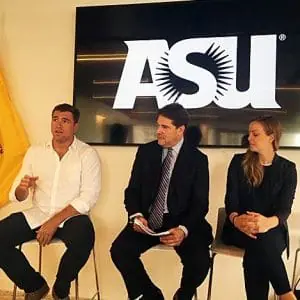
Future of Food series
During the 2018-19 academic year, the ASU Swette Center will host five forums on the future of food. In these forums, leaders will explore a range of issues, from new industry dynamics, to agtech innovations, global food security challenges, ecosystem services, and more.
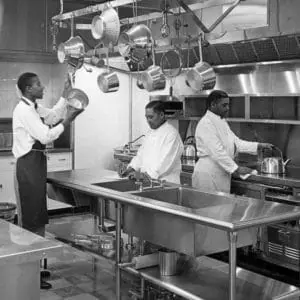
The importance of African-Americans to the executive kitchen
At an October 5 Food and Thought event sponsored by Arizona State University College of Health Solutions, Author Adrian Miller spoke about the importance of African-Americans to the executive kitchen. Miller, a James Beard Award winner, signed copies of his new book at the event, which also featured food tastings an an audience question-and-answer session.
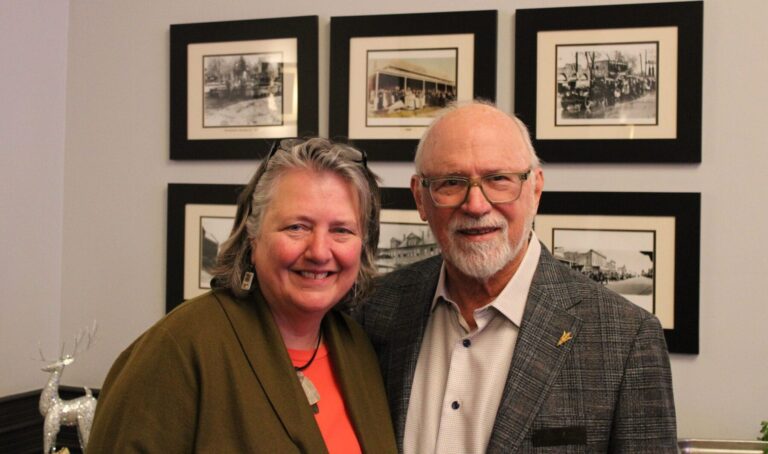
Sharing a vision
I’m often referred to as the “former Deputy Secretary of Agriculture” because people want to stress what they believe to be my most important job. I suppose it depends upon the measure used. For me, the investment I’ve made in my students is likely to be the greatest achievement of my career.